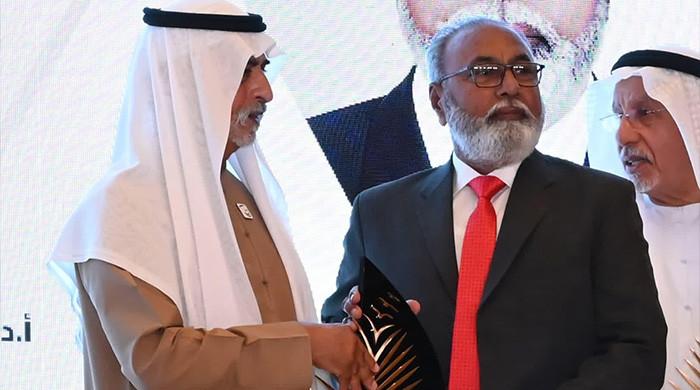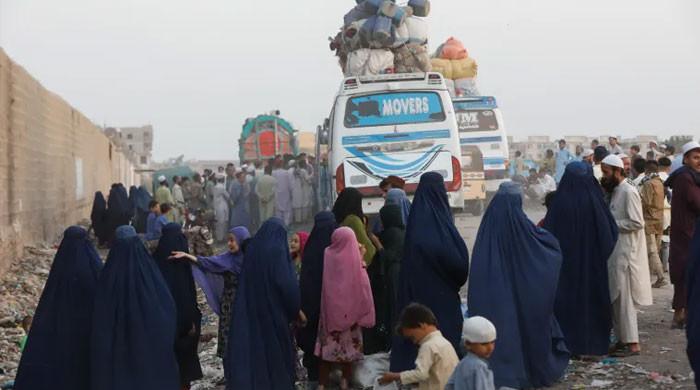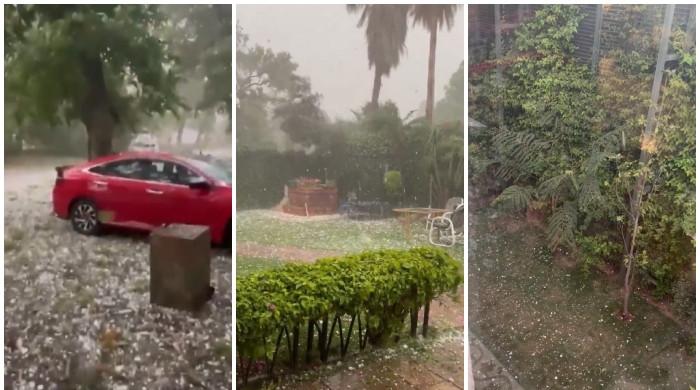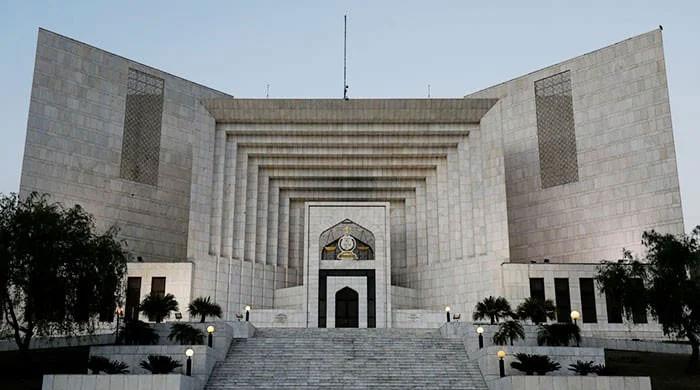US confession belies Afghan stance on Fazlullah
ISLAMABAD: The US military's confession that Mullah Fazlullah was hiding in a section of eastern Afghanistan has simply belied the October 28, 2012 declaration by Afghanistan's National Directorate...
November 11, 2012
The US admission has also given credence to some Pakistani intelligence reports that several key leader of the Tehrik-e-Taliban Pakistan, including Mullah Fazlullah, are not only being sheltered in Afghanistan but some of them have already been issued Temporary Travel Documents (TTD) to facilitate their cross border movements. The sources say Fazlullah and five other fugitive commanders of the Tehrik-e-Taliban have already been advised by the Afghan intelligence community to accept foreign identity so that the Karzai administration Kabul can forcibly refute Pakistani claims about their presence in Afghanistan. Pakistani establishment alleges that the Afghan intelligence agencies and the governor of Kunar Province, Fazlullah Wahidi, are backing Mullah Fazlullah and his private Army.
Kabul remains in a state of denial about his presence in Afghanistan despite having been provided credible information about his precise locations in the Kamadesh and Chapa Dara districts of the Nuristan and Kunar provinces. But the Washington Post has reported November 7 while quoting senior US military and intelligence officials that Fazlullah, the mastermind of the assassination attempt on Malala Yousafzai, operates from an Afghan area adjoining Pakistan where several hundred US troops are currently stationed. But US officials also made it clear that finding Fazlullah was not a priority because he was not affiliated either with al-Qaeda or with insurgents targeting American and Afghan interests in Afghanistan. "Our guys just aren't tracking him. Mullah Fazlullah is viewed as an 'other-side-of-the-border' problem", The Washington Post reported.
Fazlullah is responsible for a spate of cross-border ambushes against the Pakistani security forces, which have killed more than 100 soldiers. Therefore, Islamabad has repeatedly asked Kabul to hunt him down, even handing over a dossier on him to the Karzai administration as well as the military leadership of the US-led Allied Forces in Afghanistan. But scant action has been taken, with the National Directorate of Security refuting Pakistani officials' claims regarding the presence of Fazlullah in Afghanistan. Shafiqullah Tahiri, a spokesman for Afghanistan's National Directorate of Security strongly refuted on October 28 the presence of Fazlullah in Afghanistan. Tahiri had stated: "Pakistan has specific motives behind such a baseless allegation. They are trying to create tensions among the Afghans to cover up their interference in Afghanistan as the international community is well aware of certain individuals in Pakistan's ISI who are interfering in the Afghan affairs."
However, Tahiri's stance stands contradicted following US military's confession that Fazlullah was hiding in Afghanistan. But the Americans have also made it clear that proceeding against the Taliban commander was not their priority. The US stance is no different than the Pakistani stance which also refuses to act against the Haqqani network, despite repeated demands from Washington and Kabul to take the battle against terrorism into North Waziristan and cleanse it of terrorists like the Haqqanis who are carrying out cross border ambushes inside Afghanistan and targeting the Afghan and the US-led Allied Forces.











